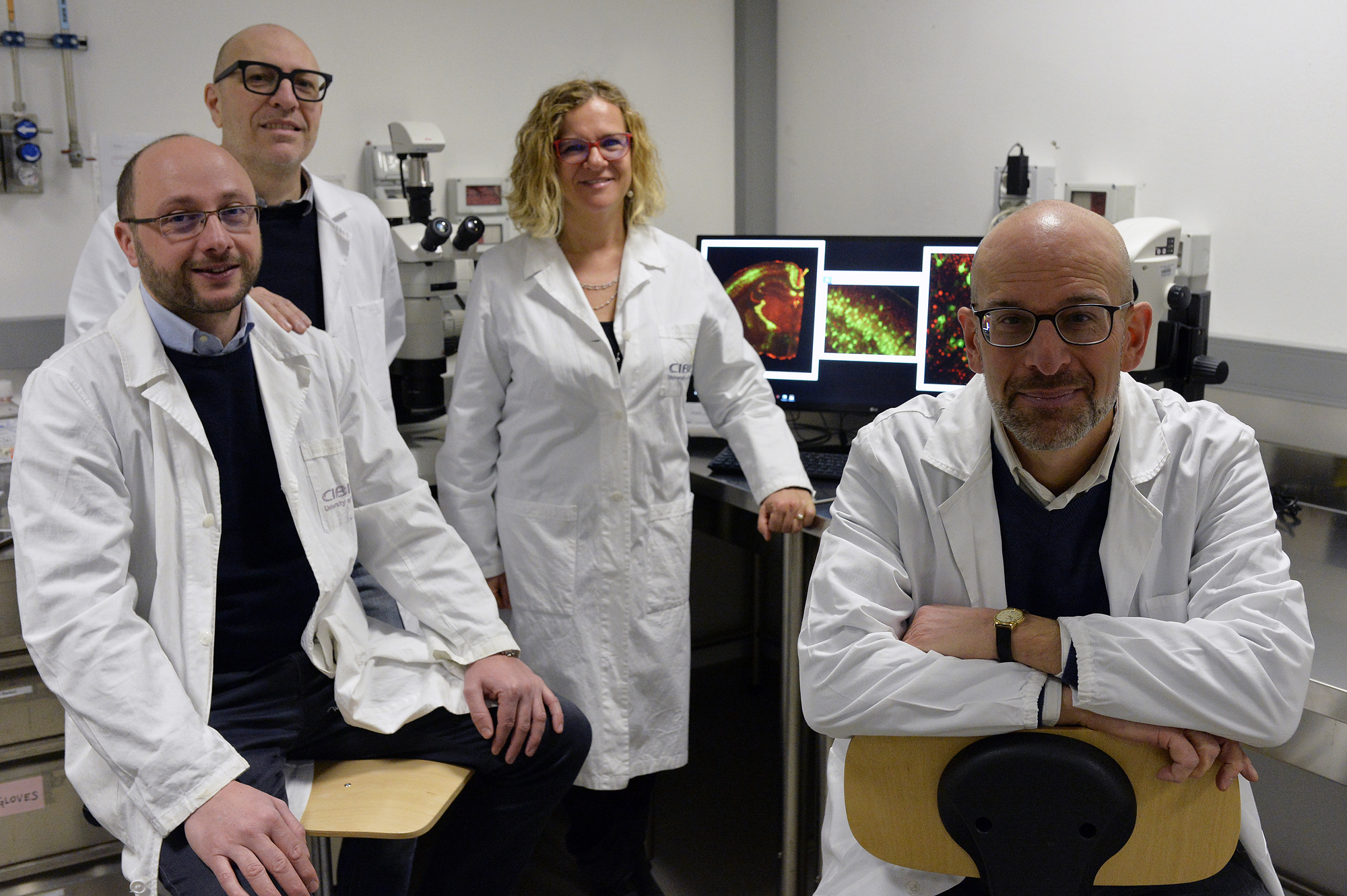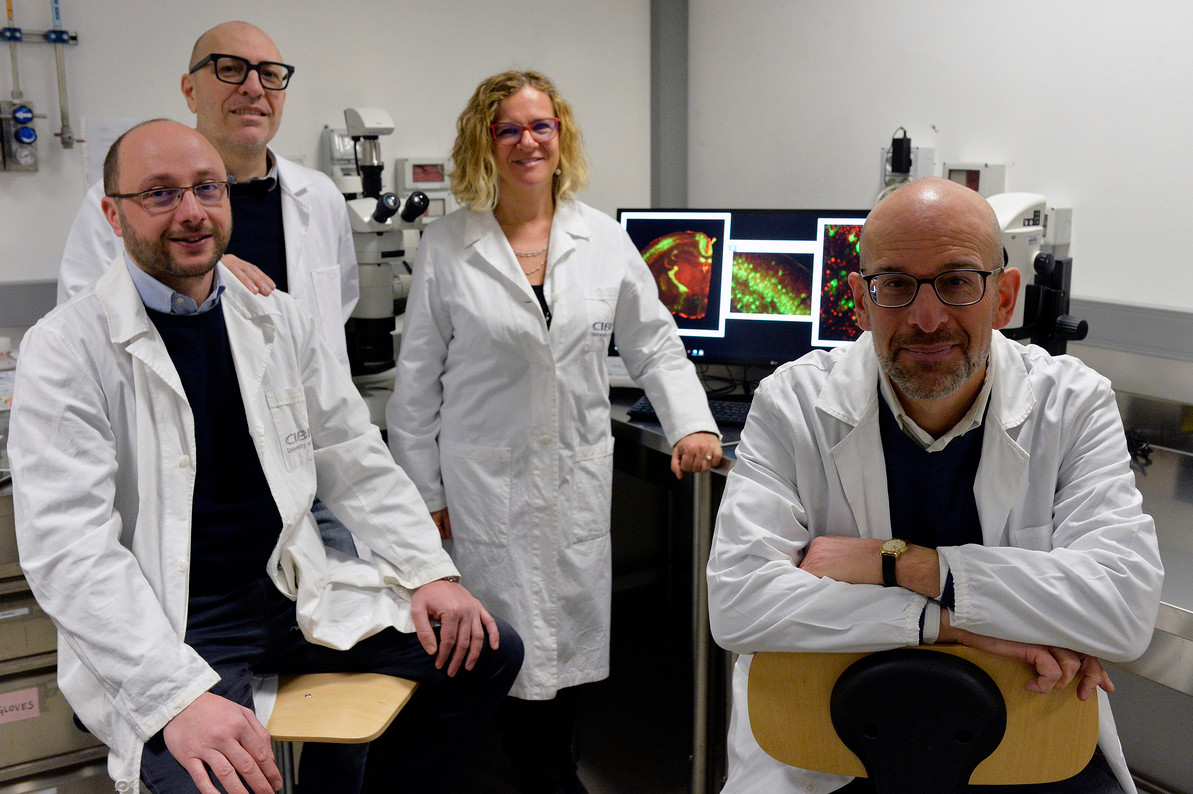What is a Physiologist?
 Physiologist are scientists with extensive training that have earned a master's degree or a doctoral degree in the science of Physiology. Physiology is a broad area of science that studies the physical actions that happen in a living system. A physiologist can study anything from single celled life forms to a grove of trees. Often, a physiologist will specialize in a certain area of expertise and then work specifically within that area.
Physiologist are scientists with extensive training that have earned a master's degree or a doctoral degree in the science of Physiology. Physiology is a broad area of science that studies the physical actions that happen in a living system. A physiologist can study anything from single celled life forms to a grove of trees. Often, a physiologist will specialize in a certain area of expertise and then work specifically within that area.
Because physiology is such a broad area of science there are many types of physiologists. Physiology fields include the following:
- Clinical Physiologists: Works along side medical professionals, like a doctor to diagnose, treat, and to anticipate health problems. Clinical Physiologists may work in sub-fields as audiology, cardiac physiologists, gastro-intestinal physiologists, neurophysiologists, respiratory physiologists, and sleep physiologists.
- Animal Physiologists: Studies the cell and organ structure of animals. They also study and research animal functions including reproduction, movement, and growth, with both animals in captivity and those in natural habitats.
- Plant Physiologists: Studies the living plants and their physical, chemical, and biological functions. Physiologist in this field study cells, genes, and molecules. They may work to improve food productions and pest control.
- Cell Physiologists: Studies everything from the structure of ion channels and transporters to the role of cells in human behavior and disease. These physiologists study what happens when cells don't work properly, and they help discover new treatments for diseases such as cancer, or new methods to repair tissue through stem cell research.
- Exercise Physiologists: Works to analyze a patient's fitness level to help them work toward improved health. They help patients with chronic conditions regain health and physical function to improve their quality of life.
What Do Physiologists Do?
Broadly speaking and depending on their area of expertise, physiologists often work directly with patients, animals, plants, and cellular-level research.
Physiologists who work with the human body, investigate human diseases, develop instruments for application in medicine, analyze biological samples, write grant proposals to further research, and work with doctors and health departments to improve community health.
Where Do Physiologists Work?
Physiologists may work in higher education, government health agencies, public or private run research facilities, or healthcare facilities. Within these places of work, physiologists are often working in offices or laboratory settings where they can study, analyze data, or observe research.
Related:
Recent Posts
-
Acupuncture vs. Dry Needling: What’s the Difference?
At first glance, acupuncture and dry needling might seem identical. Both involve inserting thin need …Jun 11th 2025 -
What Is Dry Needling? A Modern Approach to Pain Relief and Muscle Recovery
Chronic muscle pain, tension, and restricted movement can significantly impact your daily life, sign …Jun 11th 2025 -
The Kinetic Chain and Its Importance?
The kinetic chain is a key principle in physical therapy, referring to the way muscles, joints, and …Apr 18th 2025



